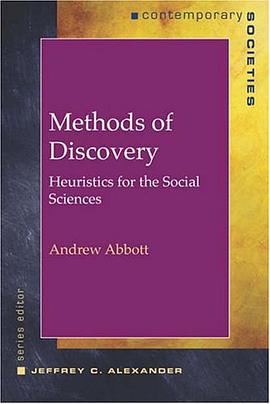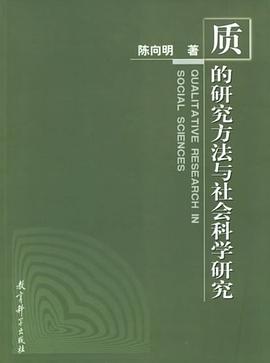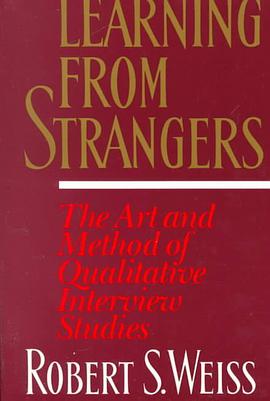What Is a Case? 豆瓣
作者:
Ragin, Charles C. / Becker, Howard S./ Ragin, Charles C.
Cambridge University Press
1992
- 7
The concept of the case is a basic feature of social science research and yet many questions about how a case should be defined, selected, and judged are far from settled. The contributors to this volume probe the nature of the case and the ways in which different understandings of the concept affect the conduct and the results of research. The contributions demonstrate that the work of any given researcher is often characterised by some hybrid of these basic approaches, and it is important to understand that most research involves multiple definitions and uses of cases, as both specific empirical phenomena and as general theoretical categories.




